Network Objectives
The network aims to promote information exchange and active collaboration among European researchers in the field of assessment and evaluation in all levels and all sectors of education and training, to further develop assessment techniques and approaches, and to encourage the intelligent interpretation of assessment results. In doing so, the network wants to cover not only research on the development and utilization of assessments and evaluations, and the secondary analyses of data of (international) assessment studies, but explicitly also research aimed at fundamental issues and theoretical developments in assessment, evaluation, testing and measurement.
Assessment and evaluation are increasingly widespreadactivities in education, at every level throughout the world. The results of assessment are used by learners and teachers to guide teaching and learning in the classroom, by employers and academics to help select employees or students, and by local, national and international policy makers to evaluate the efficiency of their educational systems.
Given the impact of assessment results on individuals and societies, it is important to try to ensure quality in assessment and wisdom in interpretation and consequent evaluation. This network focuses on research into the quality of assessment in education and the uses made of assessment results in teaching, learning, evaluation and policy making.
Related Posts on the EERA Blog
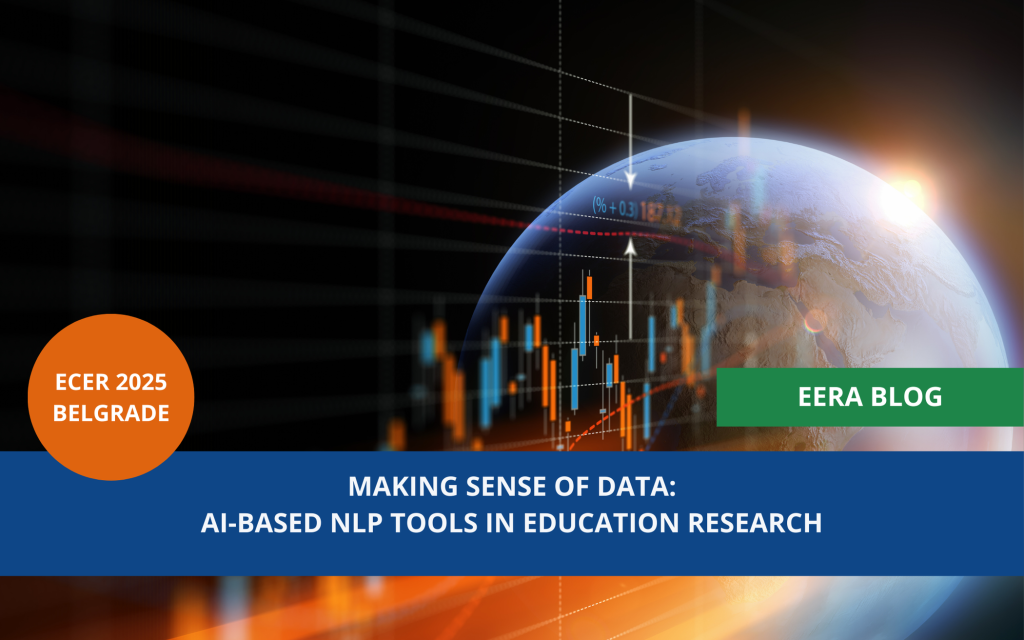
While many educational researchers could benefit from the use of AI-based NLP tools for data analysis, what do they have to know about these tools, and how can they be used effectively and ethically?
The post Making Sense of Data: AI-based NLP Tools for Education Research appeared first on EERA Blog.
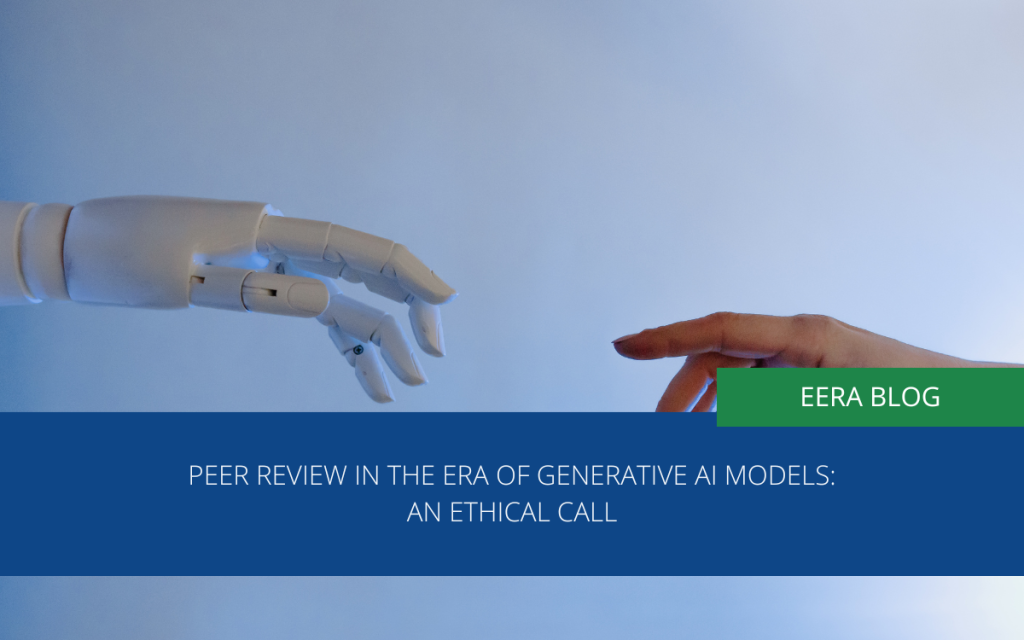
The emergence of generative AI models, such as ChatGPT, is significantly impacting various facets of society, including research and academia. Given their ability to generate human-like text based on input data or prompts, generative AI models have profound implications for the academic community. These implications entail ethical and societal challenges within the peer review process, raising questions about the potential role of such models.
The post Peer review in the era of generative AI models: An ethical call appeared first on EERA Blog.
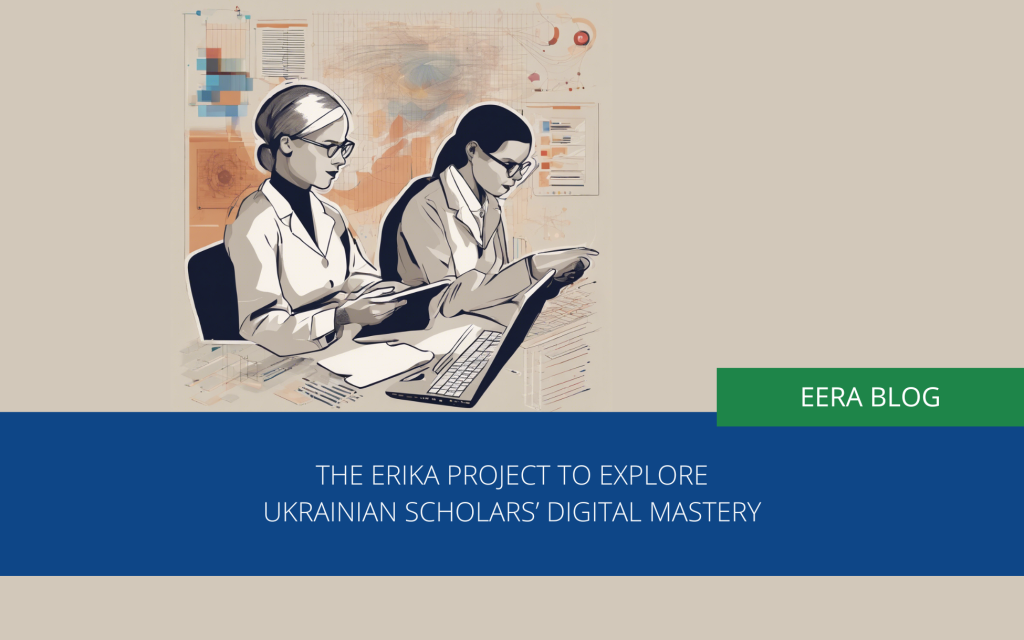
The Ukranian Educational Research Organisation presents the ERIKA Project, an investigation into the digital competencies of researchers, and advocates for urgent action to address the identified skill gaps.
The post The ERIKA Project to explore Ukrainian scholars’ digital mastery appeared first on EERA Blog.
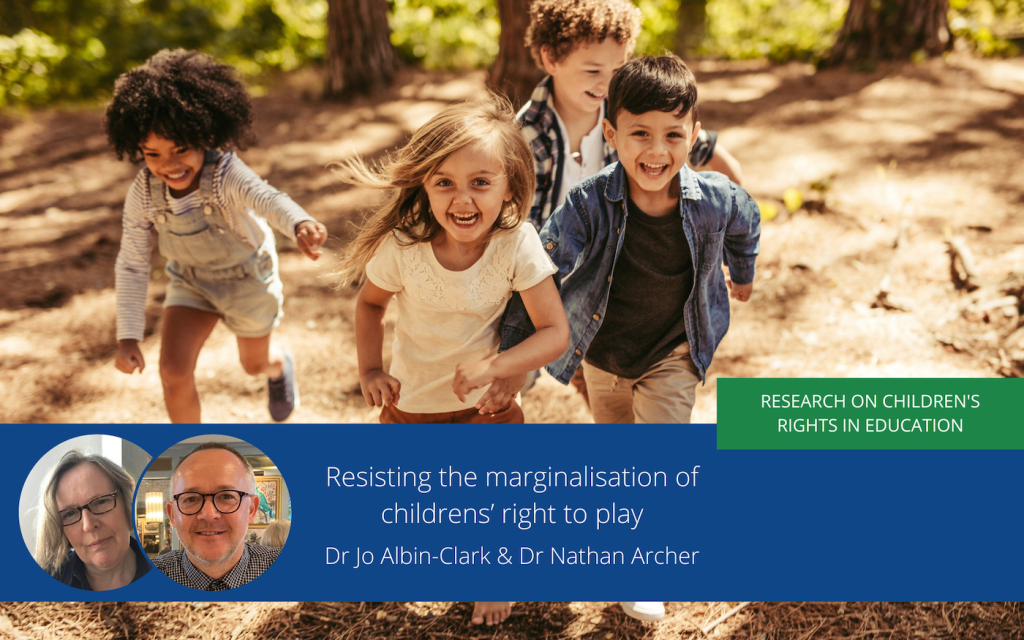
Play has an essential role in children's educational lives and matters to their childhood. Play and educational justice are related concepts, and there are both implications and risks in marginalising children's right to play.
The post Resisting the marginalisation of children’s right to play appeared first on EERA Blog.
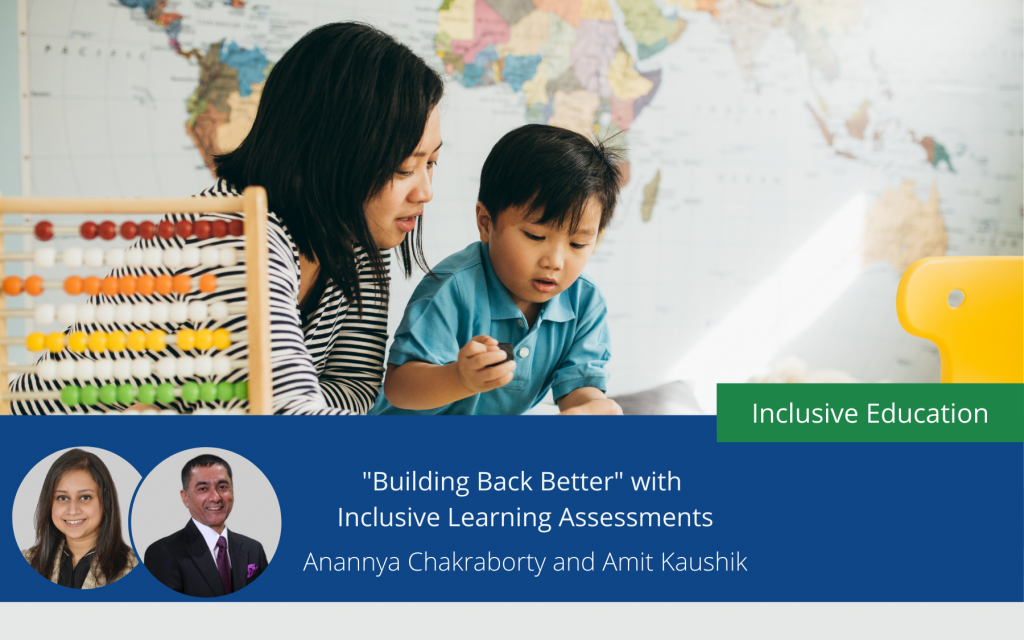
The post “Building back better” with Inclusive Learning Assessments appeared first on EERA Blog.
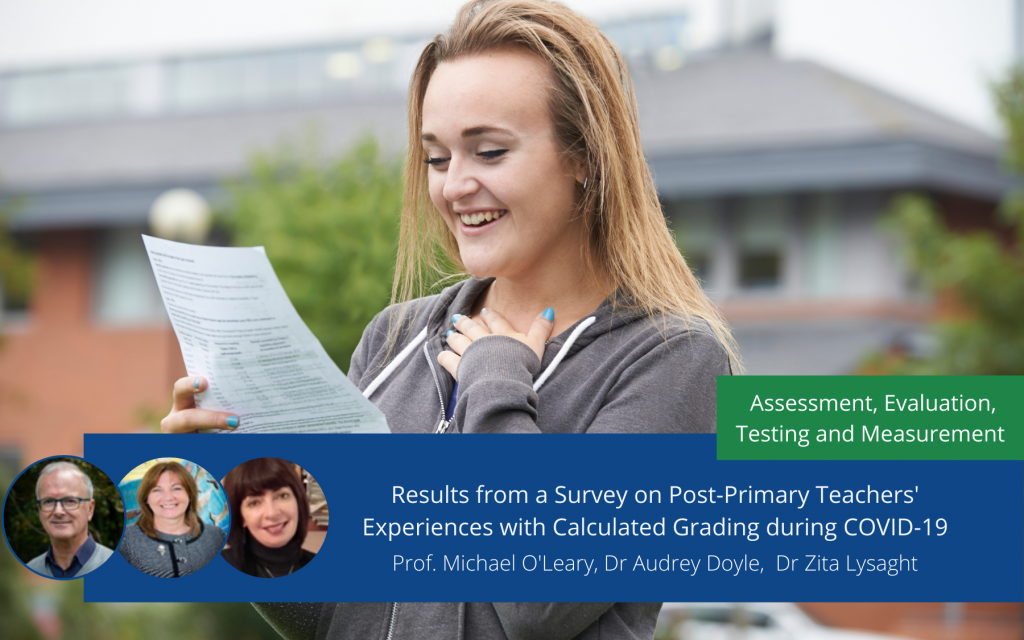
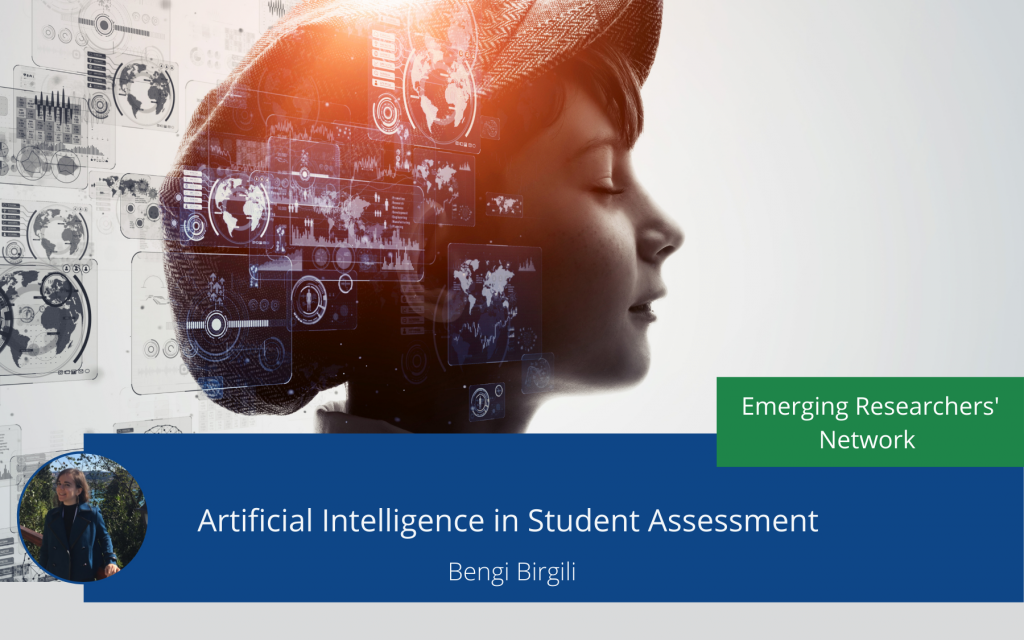
The post Artificial Intelligence in Student Assessment: What is our Trajectory? appeared first on EERA Blog.
NW 09 runs a mailing list and invites researchers to join. To join the mailing list, send a blank message to nw09-subscribe(at)lists.eera-ecer.de .
Subthemes
- Theory of Assessment, Evaluation, Testing and Measurement
- Methodology and Instrumentation of Assessments, Evaluations, Tests and Measurements
- Assessments in the Domains of School Subjects
- Relating Achievement Results to Variables on Individual Level
- Relating Achievement Results to Variables on Class, School/Institution or System Level
- Evaluation of Educational Research
- Educational Assessment Policies and System Monitoring